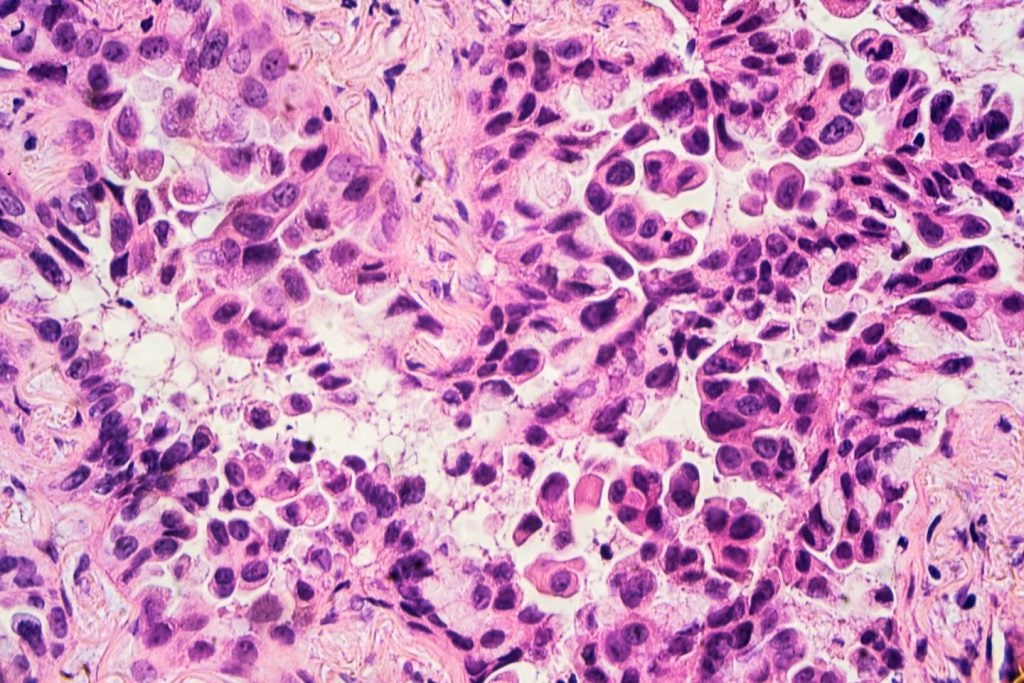
The University of South Australia (UniSA) researchers have developed the world’s first test to predict mood disorders in individuals accurately by assessing specific protein levels that are present in the brain.
Even though the associations between low levels of mature brain-derived neurotrophic factor (mBDNF) and depression are known, it was not possible to recognise the difference between the three forms of the BDNF protein in blood samples.
UniSA’s assay kit can now accurately distinguish between these proteins while other commercially available kits cannot.
In partnership with the University of Adelaide and Kunming Medical University in China, the finding has been published in a new paper in the Journal of Psychiatric Research led by UniSA PhD student Liying Lin.
In a study conducted in China on 215 individuals, including 90 patients with clinical depression and 15 with bipolar disorder, researchers noted clear links with decreased levels of mBDNF in their blood.
Furthermore, it was found that the more severe the depression, the lower the mBDNF level. Also, those who received antidepressants had higher mature BDNF levels compared to those not receiving any.
How well do you really know your competitors?
Access the most comprehensive Company Profiles on the market, powered by GlobalData. Save hours of research. Gain competitive edge.

Thank you!
Your download email will arrive shortly
Not ready to buy yet? Download a free sample
We are confident about the unique quality of our Company Profiles. However, we want you to make the most beneficial decision for your business, so we offer a free sample that you can download by submitting the below form
By GlobalDataRemarkably, no difference in mBDNF levels between 14 individuals with a history of suicide attempts and the control arm of 96 people was observed.
UniSA professor Xin-Fu Zhou said: “As mature BDNF and proBDNF have different biological activities, working in opposition to each other, it is essential that we can distinguish between these two proteins and detect changes in their levels.
“The existing commercial BDNF ELISA (enzyme-linked immunosorbent assay) kits are not specific and can cross-react with each other. The kit we have developed has an accuracy rate of 80%-83%.”
Serum mBDNF levels below 12.4 ng/ml can potentially be used as a cut-off point to detect depression and bipolar disorder, the scientists noted.






